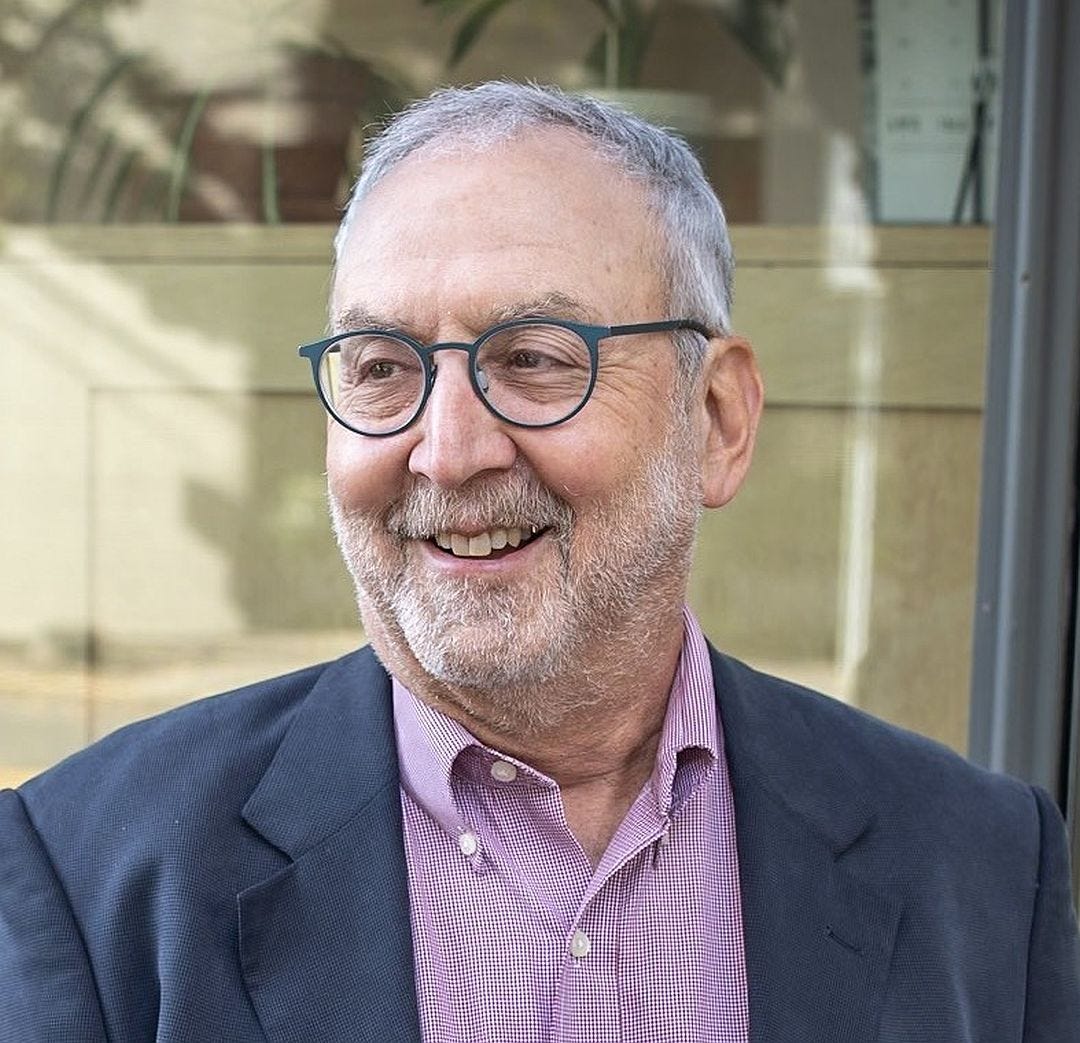Regressive taxes and fees are squeezing Portlanders
The City Council keeps pushing its failures onto residents, small businesses

Portland’s working families are being squeezed from every angle, and City Hall keeps tightening the vise. What we’re witnessing isn’t just a series of unfortunate cost increases. It’s the result of city leaders repeatedly failing to manage the budget and plan for future needs. Unfortunately, the new 12-member council is continuing that pattern of pushing its failure onto residents and small businesses through relentless tax and fee hikes.
In the past several weeks, the Portland City Council has approved or proposed a flurry of added charges that collectively erode affordability. Most recently, the Council voted to send a parks levy to the November ballot. But rather than ask voters to approve a straight renewal at the current rate, the Council is seeking a massive 75% rate increase, raising the tax from $0.80 to $1.40 per $1,000 of assessed value. That’s on top of the property taxes that Portlanders already pay—which go up each year with a 3% annual increase in assessed value—to support general government operations.
The ballot measure notes the cost for the owner of a property assessed at the median value of $221,600, will be $310 a year for parks—$133 more than currently or about $11 a month. That might seem reasonable. But a taxpayer with a home assessed at $400,000 will see a much bigger hit each month with their annual cost jumping to $560—more than $46 a month or a $20 monthly increase.
And despite that dramatic increase, only $2 million of the projected $86 million generated annually by the tax hike will go toward addressing the city’s $600 million-plus parks major maintenance backlog. This is a drop in the bucket. Parks and recreation centers will still probably face closures due to unsafe conditions, despite taxpayers shelling out significantly more. The Council could have structured the levy to prioritize critical infrastructure or limited the size of the levy while ramping up capital maintenance’s portion of the proceeds. Instead, it chose the path of least resistance: ask more from struggling residents.
And that’s just the beginning. As part of this year’s annual budget, the city approved a 6.34% increase in water, sewer and stormwater services. At least some of that increase stems from the Water Bureau’s massively over-budget effort to build a water filtration plant, whose price tag has quadrupled to $2 billion. Where is the accountability? Instead, councilors simply passed the cost directly to ratepayers.
Adding insult to injury, parking meter rates have gone up and the hours of operation are being extended from 7 p.m. to 10 p.m.—actively harming local businesses trying to attract evening customers. Ride-share fees just tripled from 65 cents to $2 per ride. Fees for permits involving residential and commercial projects, electrical, plumbing and mechanical work were increased by 5% in July. You get a clear picture: City Hall keeps reaching into the same pockets, with no apparent plan to change course.
The burden isn’t just coming from the city, exposing another fundamental failure of governance: the complete lack of coordination between different levels of government. Multnomah County approved an increase in health inspection fees for restaurants and lodging establishments by a staggering 33%. According to the Oregon Restaurant & Lodging Association, “This isn’t a minor tweak; it’s a major financial blow that could jeopardize the fragile recovery of our local restaurants and lodging establishments.”
Where is the communication between city, county, Metro and Portland Public Schools officials about the cumulative impact of their decisions? Where is the regional approach to affordability that considers how Metro taxes, county fees, city permits and school district levies all land on the same kitchen tables? This siloed approach to governance reflects a broader abdication of leadership—each jurisdiction solving its own problems without regard for the residents who must navigate and pay for all of them.
These aren’t taxes on luxury or wealth. These are regressive fees and charges that hit hardest for working families, renters and seniors on fixed incomes. Every added cost makes it harder to stay in Portland, harder to raise a family and harder to believe that affordability is a real priority for the people in charge.
This opinion piece first ran in the The Oregonian/OregonLive. Weinstein is a resident of Northwest Raleigh Street who ran for Portland City Council in 2024. He is the former mayor of Ketchikan, Alaska, and a retired teacher. He also ran for Portland City Council, District 4 in 2024.




Bob’s insightful and accurate comments remind me of the bumper sticker: “I can’t be overdrawn…I still have more checks. Years of financial mismanagement, deferred maintenance, and excessive spending on programs that failed to deliver results, now combine to drive even more residents and businesses out of the city.
Everyone take note - we need pragmatic strategic thinkers like this on city council. Not the people we currently have. It will be time to vote again soon enough.